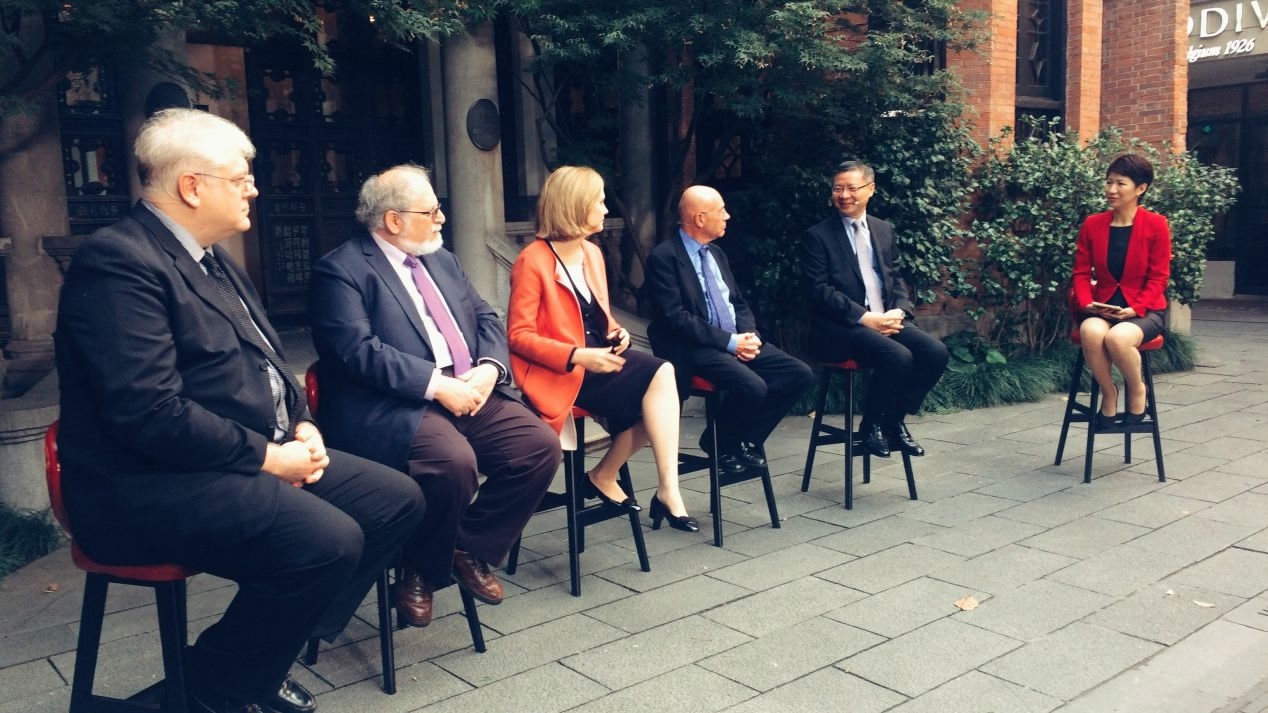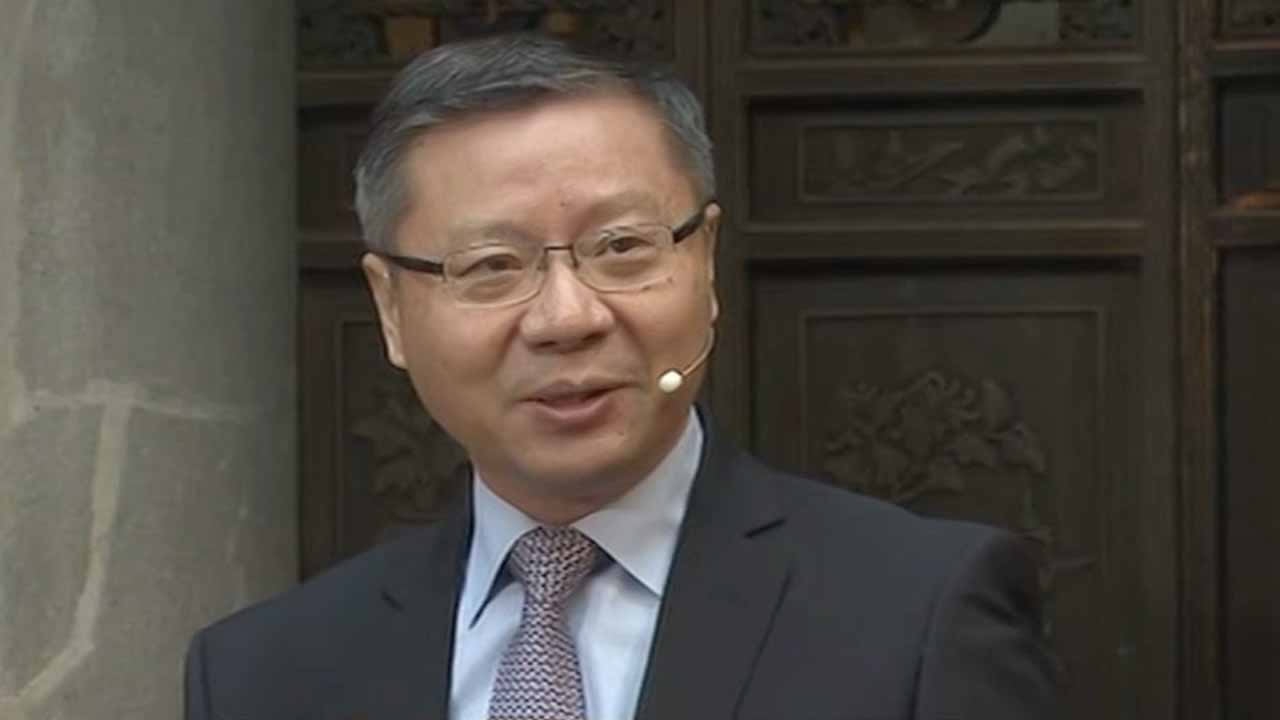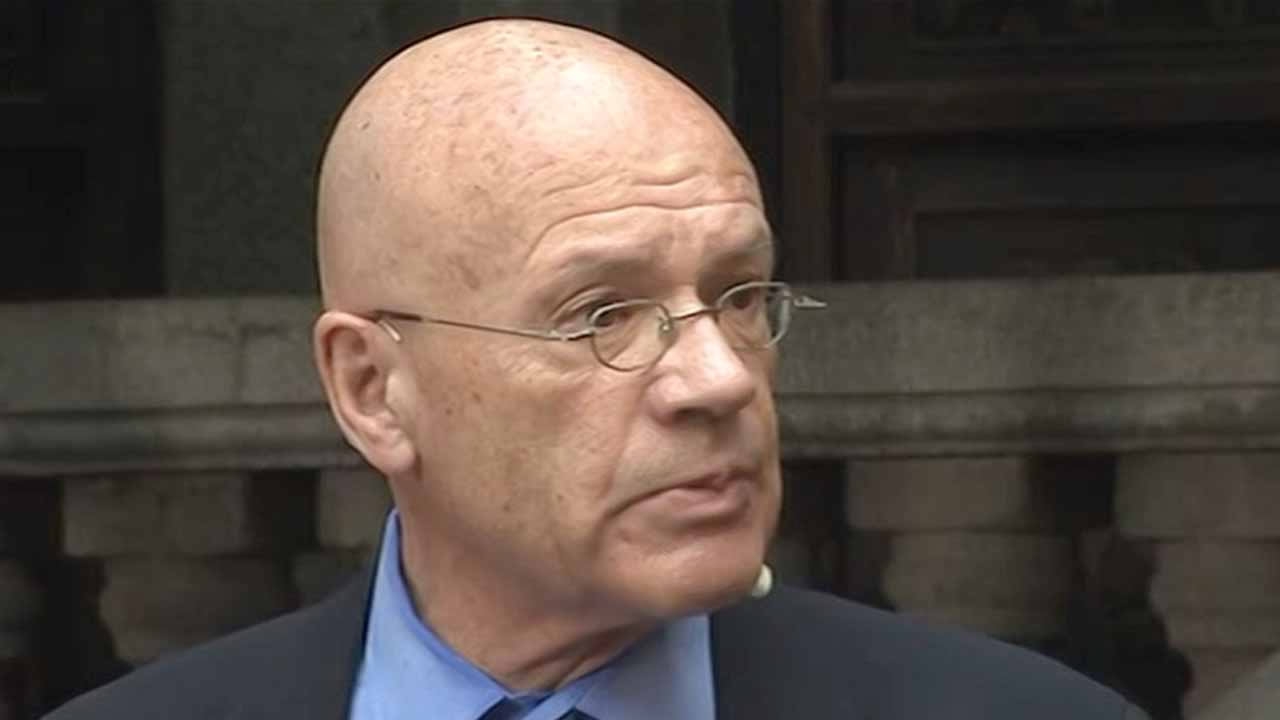
Opinions
22:59, 15-Oct-2017
The CPC: Can the Party stand the test of time?
By CGTN's The Point

After the Opium War of 1840, the Chinese people tried resisting foreign interference typified by the likes of the Westernization Movement, the Reform Movement of 1898, the Boxer Movement and the Revolution of 1911. Though these movements pushed forward China’s social progress, they all failed to change the nature of China’s society and the miserable fate of its people.
“Most of the movements came down from what we call a top down approach; but actually the communist revolution succeeded because they changed the fate of peasants, by organizing – bottom up – into land reforms, into red armies,” said Prof. Zhang Weiwei, Director of the China Institute at Fudan University while taking part in the first of CGTN’s CPC "townhall" meetings with Liu Xin.

China also trialed the republic system. The first president of the Republic of China, Sun Yat-sen, served only briefly before handing over the position to Yuan Shikai, former leader of the Beiyang Army. His party, then led by Song Jiaoren, won the parliamentary election held in December 1912. However, Song was assassinated shortly after, and the Beiyang Army, led by Yuan Shikai, maintained full control of the government in Beijing. Ultimately, the republic failed when Yuan declared himself Emperor of China in 1915.
It was not a coincidence that China chose socialism and communism as the path to the future. China has tried many forms of government over its history, which have included learning from the West, the republic system and parliamentary elections. But none of these saved China from foreign interference. It was then that Chinese intellectuals turned their attention from learning about revolutions of the western capitalist class to socialist revolution.
In July 1921, the First National Congress of the Communist Party of China met in a house in Shanghai’s French Concession area, near present-day Xintiandi, marking a major turning point in the history of the country. The CPC was a logical choice from what had gone before in the country’s history.
In the early days, the CPC was intent on capturing the hearts and minds, especially of the rural population. Martin Jacques, the author of "When China Rules the World", said he thought the genius lay with Mao Zedong, because the conventional wisdom of the soviet communist party had been about the working class, meaning the support base of the soviet communist party was very small, but in China, the big mass base in rural areas gave their support to the CPC.
By 1945, the KMT had three-times as many soldiers under its command as did the CPC, and because of that, it looked early on as if it was likely to win the civil war with the communists. The KMT held the position that in order to resist foreign invasions, civil unrest (meaning, in effect, the emerging communist party and its influence) needed to be wiped out. Instead of fighting the Imperialist troops that had invaded from outside the country, the KMT went after the CPC and its troops, losing the trust and confidence of the Chinese people. The CPC used its limited resources to fight the invaders wholeheartedly and won the hearts and minds of the people instead. It was the people, therefore, that chose the CPC.

Following the Chinese Civil War, Mao Zedong declared the founding of the People's Republic of China on October 1, 1949. The path of growth of the CPC, however, has not always gone smoothly, and the Party has made some mistakes since the founding of the PRC. The Cultural Revolution, for instance, was a major detour in the history of the Party and the nation. But the self-correction ability of the Party brought things back on the right track. In 1978, China introduced reform policies, advocated by the late leader Deng Xiaoping and opened itself to the outside world. The ideological errors made during the Cultural Revolution and before were redressed, and the focus of the work of the Party was shifted to modernization. Great efforts were made to regulate the national economy, reform economic and political systems and gradually embark on a road to socialist modernization with Chinese characteristics.
Clare Pearson, International Development Director at DLA Piper, a law firm, told a story from a decade ago. “I remember about ten years ago, I was complaining to my father – we live in a place where they made the pottery, the cups and saucers – I said, all the cups and saucers factories in Stoke-on-Trent in England have closed. And I was complaining about this. I said all the jobs have gone to China, and my dad just said 'Back to China'!”

Summing up the roundtable discussion, Liu Xin said that the founding of the Communist Party of China was an important milestone in the history of the Chinese nation. After the founding of the CPC, it embarked on a new journey towards rejuvenation. Although the CPC has undoubtedly made some mistakes in the past, the fact that it has effectively learned lessons from those mistakes and moved forward along its present course should give hope to us all.

SITEMAP
Copyright © 2018 CGTN. Beijing ICP prepared NO.16065310-3
Copyright © 2018 CGTN. Beijing ICP prepared NO.16065310-3